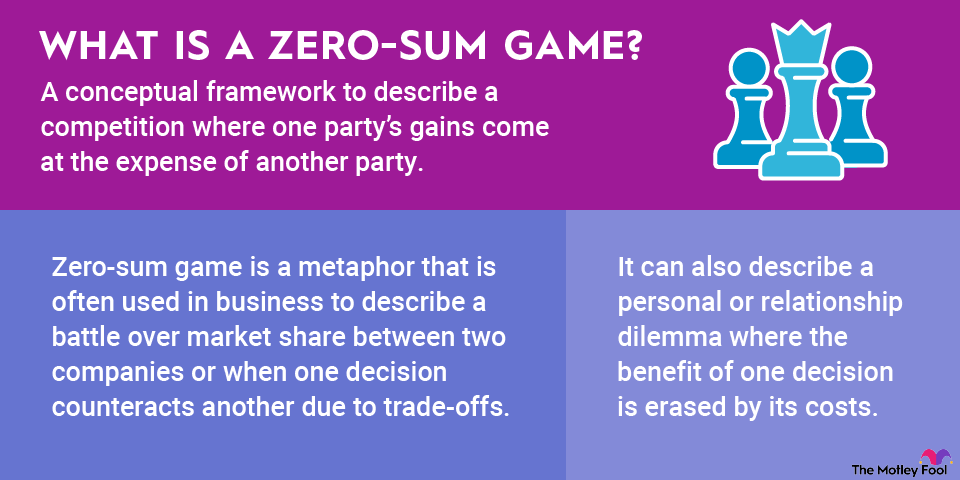Even if a company is generating lots of revenue and posting profits, it's important to also consider debt and interest expenses. Investors have to be very cautious when it comes to putting money behind zombie companies.

What is a zombie company?
A zombie company is an aging, ailing business that relies on debt it's unable to pay down. The company may be able to make the minimum amount of profit required to meet interest payment obligations on its debt, but it's not able to pay down the principal debt amount and improve its financial footing.
How to classify zombie companies
Not all businesses that rely on debt to fund operations are zombie companies. Young companies may be unprofitable and depend on debt to fund operations, but these businesses aren't typically classified as "zombies." For example, startups or young tech companies aren't usually lumped in with the financial undead.
Start-Up
Additionally, companies may sometimes have a bad year or a small stretch of years in which they are unable to pay down debt or meet all of their interest obligations. But that doesn't immediately make them zombies. Although there's no universal definition of a zombie company, the Organization for Economic Co-operation and Development (OECD) says a business must be more than 10 years old and have a streak of more than three years of annual interest expenses exceeding earnings before interest and taxes to meet their classification.
Should you invest in zombie companies?
Many zombie companies have heavily beaten-down valuations and trade at price-to-sales ratios that make their stocks look very cheap. Although it's generally a good idea to avoid zombie companies, stocks should still be analyzed on an individual basis. Some struggling businesses are capable of recovering and delivering strong returns for shareholders.
But as the name implies, most zombie companies are not healthy. Although some zombies will bounce back from hard times and emerge with new performance drivers, this often winds up not being the case.
Zombie companies may be able to stumble along while interest rates are low because borrowing is cheap, and it's easy to find sources of credit. But when interest rates rise, and the company needs to refinance or take on new loans, it can become too costly or difficult to find new credit sources. Even if interest rates remain relatively low, zombie companies eventually find it harder to secure new lines of credit because their risk of going out of business makes them unappealing to lenders.
Related investing topics
An example of a zombie company
Sears used to be the world's largest retailer, but it fell on hard times as competitors, including Walmart (NYSE:WMT) and Amazon (AMZN -0.39%), disrupted its business. The retailer saw its earnings decline quickly in the 2000s, and it slipped into being a zombie company as its profits waned and were diverted to paying down interest on debt. Sears posted its last year of profitability in 2010.
As the company's revenue fell and its losses piled up, Sears became even more reliant on debt to fund its operations and attempt a turnaround. The retailer eventually filed for Chapter 11 bankruptcy in 2018. It had roughly $11.3 billion in total liabilities against $6.9 billion in assets at the time of the filing and owed money to more than 100,000 different creditors. The stock was delisted from the Nasdaq Stock Exchange soon after for failing to meet trading requirements, and it lost virtually all of its value in subsequent trading.




